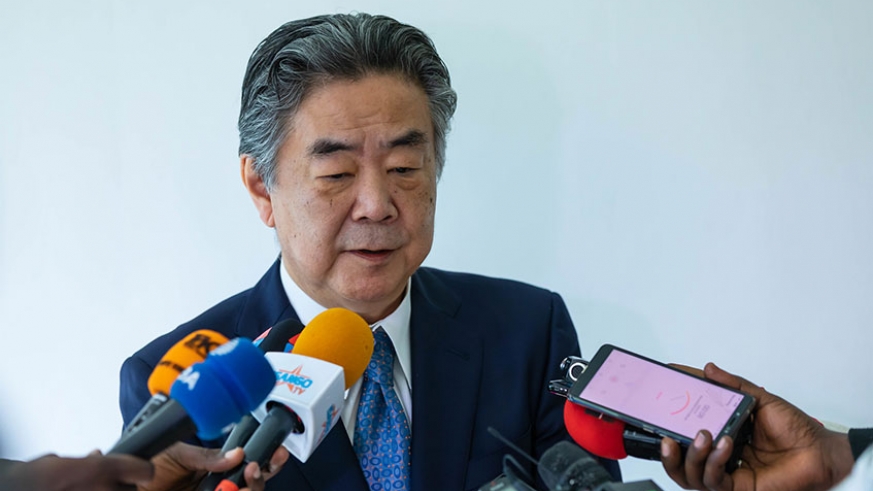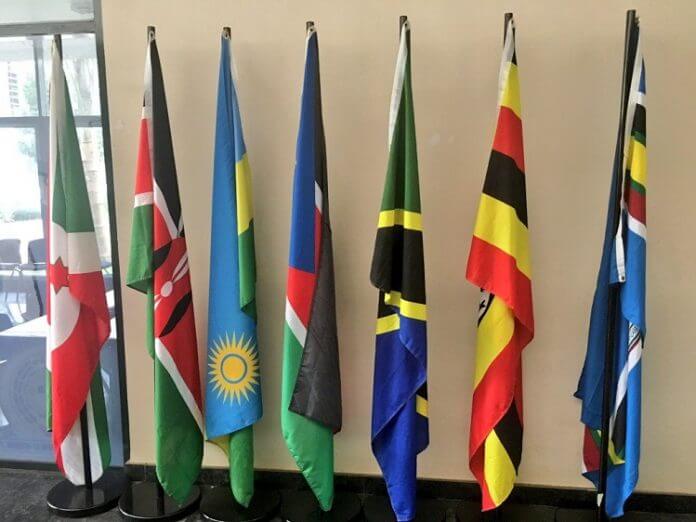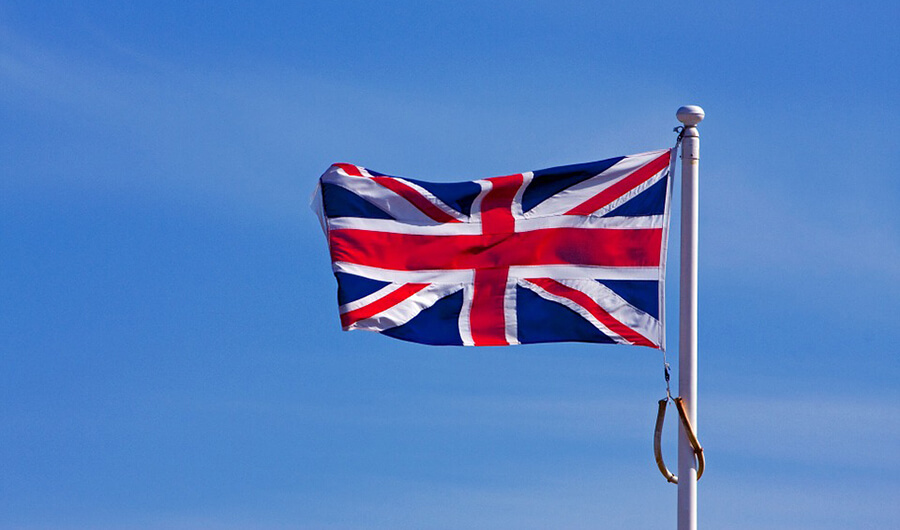Spotted: African company, Trademark East Africa, has created an information network for small businesses in East Africa. The network aims to make their goods more competitive, by reducing trade barriers and improving transparency. Trademark’s Trade Logistics Information Pipeline (TLIP) was created to reduce barriers for trade. Traditionally, there has been no communication between all the actors involved in cross-border trade in East Africa, and this has meant that goods and services are nearly impossible to track. No individual actor along the chain can account for where a product is or how long it will take to ship. The TLIP connects small producers to foreign buyers and provides an easy-to-use information network that facilitates transparent and timely cross-border trade. Small business owners can communicate directly with foreign buyers and both parties can see how the product moves through the trade chain. This system ensures all steps in the process are synchronised, meaning that the products move from the producer to the buyer faster and with more transparency. TLIP uses blockchain technology, so all parties involved in the transaction are looking at the same source information. https://youtu.be/nxhnjUq2jx4
Trademark East Africa disrupts inefficient trade chains by creating transparent transactions from field to shop
Posted on: March 2, 2020
Posted on: March 2, 2020



















